The Earth’s surface is constantly changing. Some events cause fast changes like earthquakes and volcanic eruptions. Other changes can be very slow like erosion.
To better understand how the Earth’s surface changes…
LET’S BREAK IT DOWN!
Volcanos change the Earth’s surface very quickly.
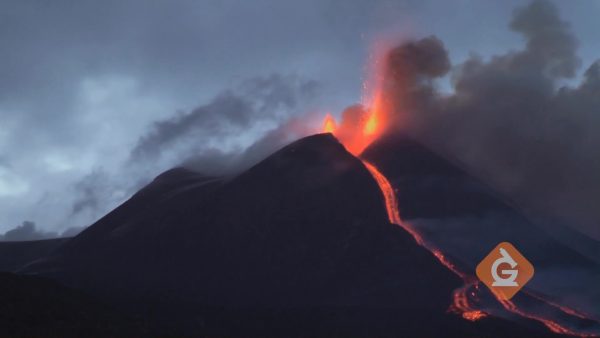
When volcanoes erupt, hot lava is released from inside the Earth. As it cools and hardens, rock is formed and that can change the shape of the land.

Earthquakes change Earth’s surface in seconds.
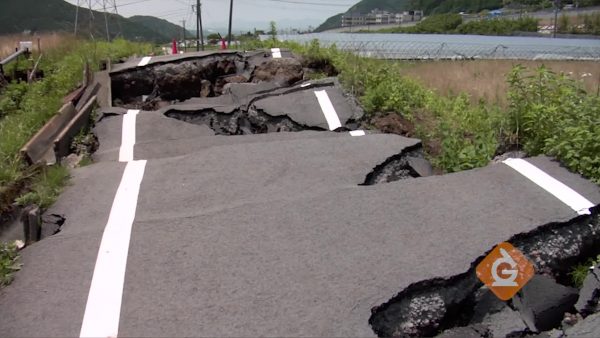
Earthquakes cause the ground to crack. Sometimes roads are destroyed and even buildings can be damaged. These changes to the surface of the Earth happen fast.

Sometimes water changes the Earth’s surface quickly.
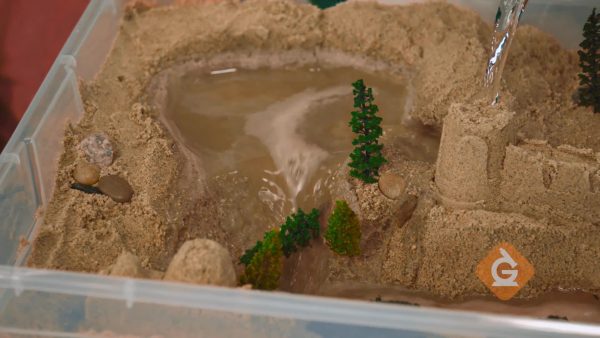
During a landslide, water from heavy rain can cause land in certain places to slide down a hill. Hills that don’t have any plants or trees are more likely to have a landslide.

Erosion can change Earth’s surface very slowly.
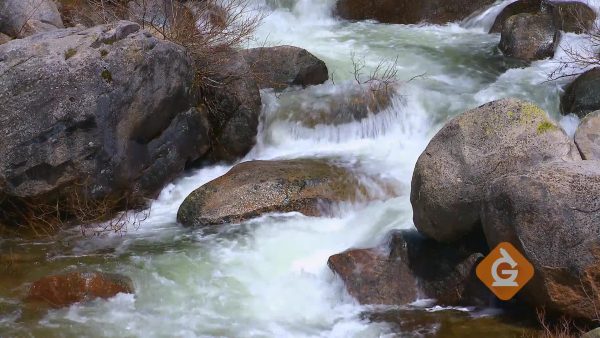
Water erosion is when water slowly moves pieces of the Earth’s surface from one place to another. Over many years, rough rocks can become smooth from the flowing water.

Glaciers change the Earth’s surface very slowly.
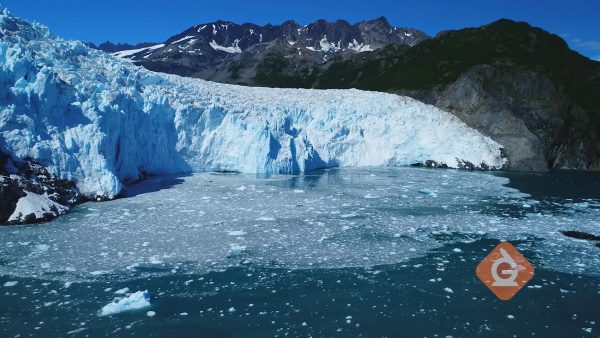
Glaciers are huge pieces of ice that move very slowly. Glaciers are found in very cold places. They are so heavy that they can make big changes when they move.

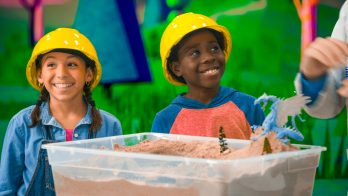





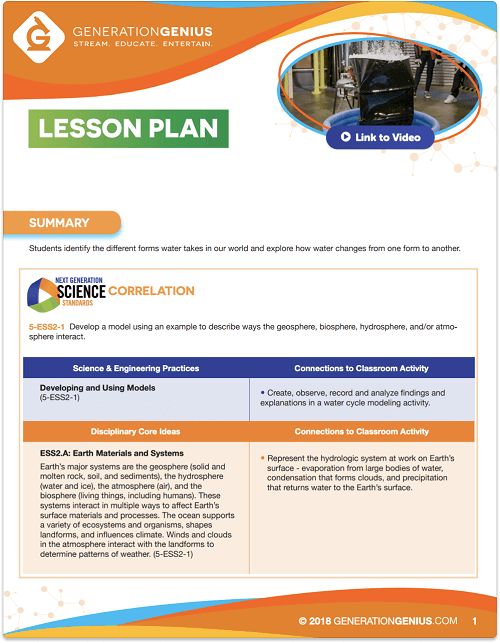

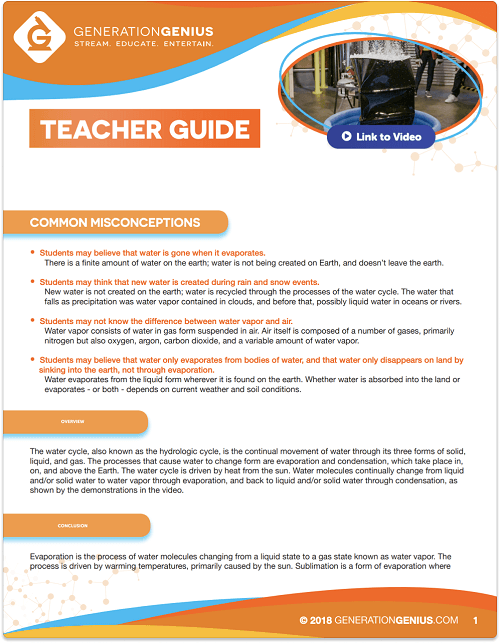
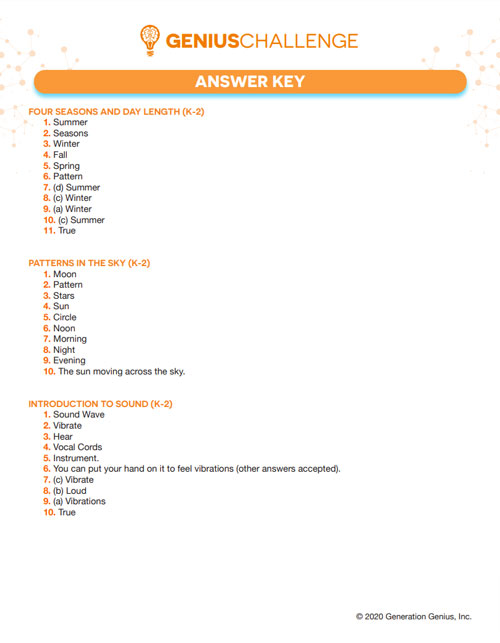























































































































 Select a Google Form
Select a Google Form









